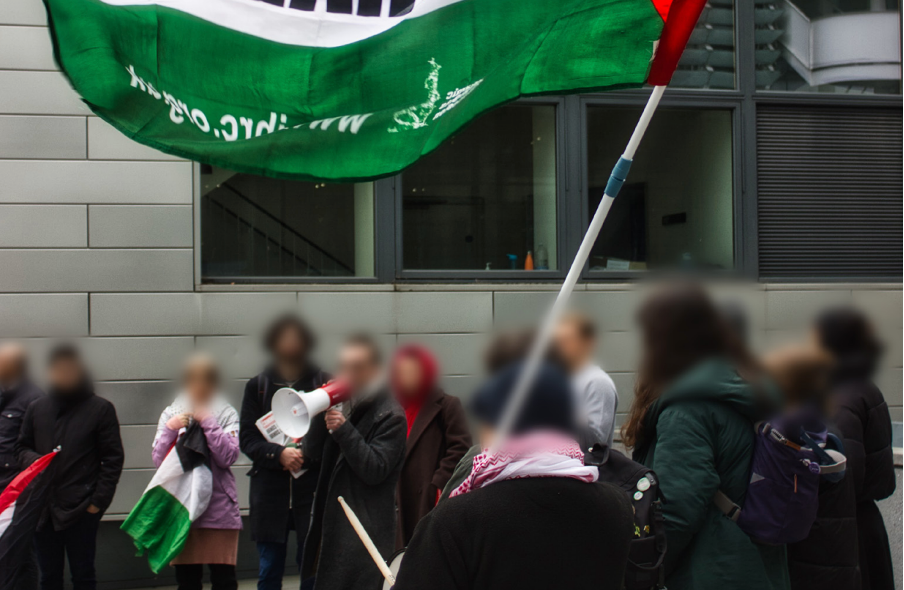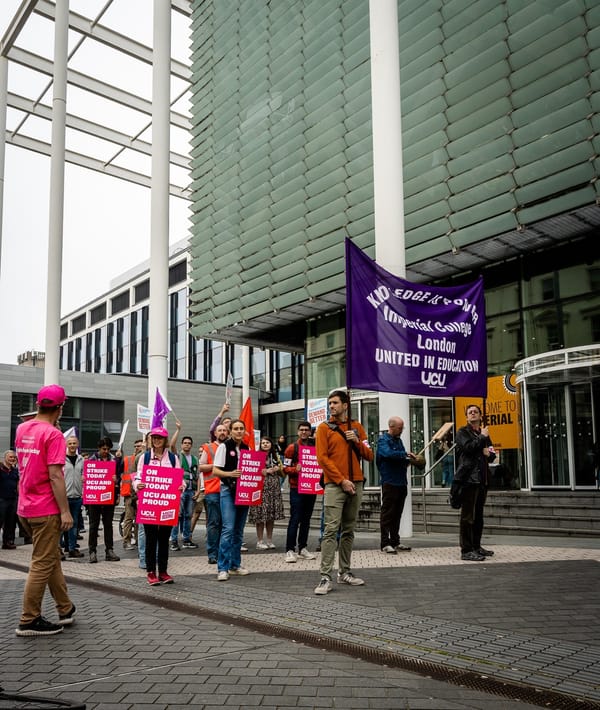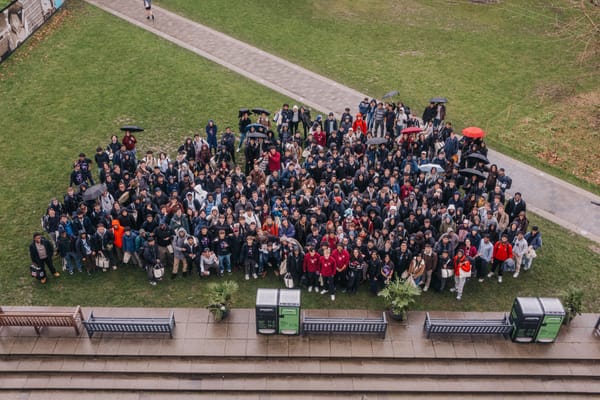No encampments for now, says IC Action for Palestine

Pro-Palestinian activists at Imperial say they will not follow their peers at other UK and US universities in setting up encampments just yet.
In a statement sent to its WhatsApp group, IC Action for Palestine said that it was ‘active and working hard with respect to our demands for divestment.
‘Based on our collaborations with other London unis, at the moment we’re not sure that an encampment would be the right decision because we haven’t exhausted other means of escalation.
‘We also would not have the capacity to hold it down until our demands are met – this is based on conversations from other unis who have had to retreat for similar reasons.’
In a later message sent this week, the group said it would meet on Thursday 9th May ‘to discuss our way forward and strategise our actions at Imperial.’
IC Action for Palestine has urged Imperial to cut its ties with companies that it alleges have fuelled ‘a campaign of genocide by the Israel Defence Forces in Gaza’.
The Israeli government has rejected accusations of genocide. There is no indication that Imperial has broken the law in its relationships with the companies flagged by the protest group.
The College’s research relationships are governed by its Ethics Code and its Relationship Review Policy. The latter forbids relationships that violate ‘international conventions on human rights’.
IC Action for Palestine said: ‘‘We will communicate in the coming days our plans for applying pressure with you and we hope you can join us. A united movement is the strongest one.’
On Thursday, Prime Minister Rishi Sunak met with university vice-chancellors amid government concerns that Jewish students could face harassment as student encampments spring up on campuses around the country.
The group heard from Edward Isaacs, president of the Union of Jewish Students, who said there had been an “unprecedented rise in campus antisemitism” since Hamas’s 7th October attacks last year.
Israeli authorities say that around 1,200 people were killed in the 7th October attacks and 252 others taken hostage.
Since then, over 34,000 people have been killed in Israel’s retaliatory attacks on Gaza, according to the Hamas-run health ministry.
Vivienne Stern, chief executive of Universities UK, which represents 142 higher-education institutions, said that universities were ‘doing all they can to keep Jewish students safe while enabling people to express their views within legal boundaries.
‘University leaders are trying to keep campuses calm and manage protesters in a way that de-escalates rather than escalates in order to avoid inflaming tensions.’









